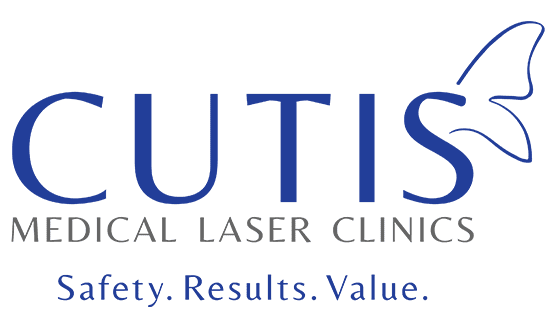What are hormones?
Hormones are chemicals that are naturally occurring in our bodies. Hormones affect cells in other parts of the organism and the major target is the brain.
There are different types of hormones in our body. Although each of them has a specific purpose, they all function in a complex connection.
Why do we need hormones?
Hormones can influence our body to f
 nction properly. They are the reason why our body changes from a child to an adult, why our body is building muscle, why our immune system is functioning well, why we can use food as fuel to our body, why we feel good and energetic and other important functions we needed to live better.
nction properly. They are the reason why our body changes from a child to an adult, why our body is building muscle, why our immune system is functioning well, why we can use food as fuel to our body, why we feel good and energetic and other important functions we needed to live better.
Hence, deficiencies can make us feel poor. As we age, our hormone production changes – some increases, some decreases, and some may be the same. These changes can cause hormone imbalance or hormone deficiency.
How hormone deficiency affects men?
For men, the loss of testosterone and other hormones that the male human body naturally produces is referred to as andropause. In fact, andropause is not universally recognized as a disease state. As a result, men are at a real disadvantage as they begin to struggle with their own set of symptoms. Because the drop is slow and steady, symptoms of testosterone deficiency are sometimes imperceptible until bigger health problem emerge.
Testosterone Deficiency (TD) is not universally recognized but it affects about 39% of men over the age of 45. In Singapore, a study shows that 26 % of respondents were noted to have some form of androgen deficiency.
These are some of the signs that your hormone levels are falling.
- Loss of muscle mass and strength
- Weight gain
- Higher body fat (especially abdominal fat)
- Decreased bone density
- Decreased libido
- Depression
- Disturbed sleep
- Emotional swings, irritability, anxiety, depression
- Fatigue and loss of energy
- Foggy thinking, memory lapses
How hormone deficiency affects women?
Menopause is a normal change in a woman’s life when her period stops. During menopause a woman’s body slowly produces less of the hormones estrogen and progesterone. This often happens between ages 45 and 55. Estrogen and progesterone flux depending upon the ovarian cycle and absolute and relative deficiencies occur as a woman ages.
As a general rule – testosterone levels decline first in the mid 30’s. estrogen and progesterone decline next in the mid 40’s. Progesterone declines faster, thus resulting in a relative estrogen dominance/progesterone insufficiency. Finally, estrogen and progesterone decline to low levels (menopause). As you near menopause, you may have:
- Decrease in overall well-being
- Changes in your period—time between periods or flow may be different
- Hot flashes (“hot flushes”)—getting warm in the face, neck and chest with and without sweating
- Night sweats that may lead to problems sleeping and feeling tired, stressed or tense
- Vaginal changes—the vagina may become dry and thin, and sex may be painful
- Thinning of your bones, which may lead to loss of height and bone breaks (osteoporosis)
- Weight gain and Fatigue
- Mood changes, irritability
- Bloating, fluid retention
- Memory and other cognitive changes
- Sleep problems
- Decrease in libido and sexual function
How to treat hormone deficiency/ imbalance?
Because hormones decline slowly as we age, we adapt to living with a poor hormone environment and we accept the symptoms as normal signs of aging. However, normal is not optimal and aging can be and should be medically managed.
Medical advances such as Age Management Medicine can optimize and increase quality of life while minimizing the risk of chronic disease. Age Management Medicine is the term used to manage or delay the indicators of aging and prevents premature disability and death. As a result, patients enjoy a higher quality of life, enhanced sense of well-being and a longer health span.
Age Management Medicine’s key elements include the right nutrition, exercise, proper mindset, and hormone optimization.
Hormone optimization such as hormone replacement therapy (HRT) is a treatment wherein a patient receives hormones to supplement or substitute other naturally occurring hormones.
Hormone optimization can improve:
- Libido and sexual performance
- Muscle mass and strength (in combination with resistance training)
- Body composition (reduction in body fat in particular abdominal – in combination with correct nutrition)
- Sense of well being
- Moods and energy
- Bone mineral density
- Glucose control
Optimizing hormones should and only be treated by a trained Age Management physician and should be monitored closely. And like any medical treatment, hormone replacement therapy should be individualized with a review of risks and benefits for each patient.
- If you would like to be an informed patient, please contact us at +65-6801-4000 or
hello@cutislaserclinics.com. - Cutis Medical Laser Clinics, 9 Scotts Road Pacific Plaza, Scotts Medical Center #08-07, Singapore – 228210
+65-6801-4000 - hello@cutislaserclinics.com
